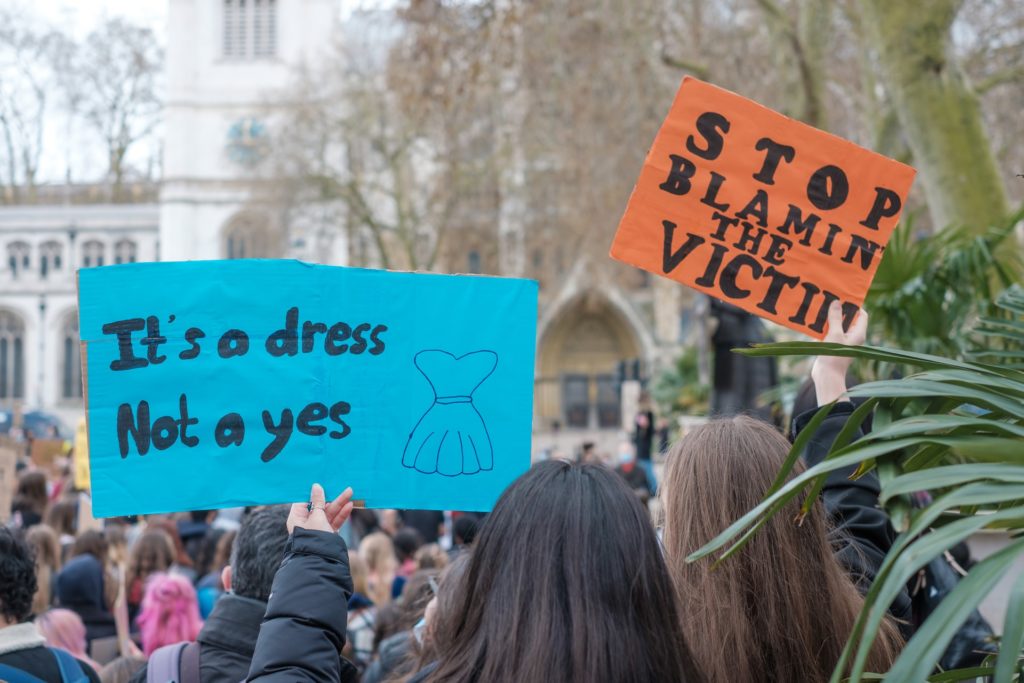The federal government, led by justice minister Vincent Van Quickenborne (Open VLD), has taken the first step to increase the maximum sentence for rape from five to ten years.
The change affects trials before the correctional court. Technically, rape cases should be heard before an assizes court. However, that procedure, involving a jury, is so slow and complicated that the majority of cases are now heard before the correctional court and a panel of professional judges.
The only problem is, there is a limit of five years in prison that can be handed down by the correctional court, which the new government does not feel reflects the gravity of the crime.
Van Quickenborne’s department has now produced a proposal that would increase the maximum penalty in those cases from five to ten years in prison – the normal maximum in an assizes trial.
Related News
- Women’s rights groups rally against rape in Liège
- De Croo meets with Amnesty International to discuss fight against rape
The bill contains some other important changes.
In some cases of sexual assault, violence or force is a necessary condition, but that is not always present. For example, when the victim is unable to consent because of the effects of alcohol or drugs.
The single condition in force under the new bill is consent. If the victim did not give consent, then the offence is complete. In addition, if the victim withdrew consent at some point during the act, then the offence is also complete.
Sexual offences also gain a number of new aggravating circumstances – facts that would bring a court to apply a heavier sentence up to the maximum. Those include age – where the victim is much younger than the accused – where there were threats of harm, or where the accused is in a position of authority over the victim, for example, a teacher.
The law on voyeurism also changes, to take account of restrictions that recently came to light when a man accused of taking so-called ‘up-skirt’ photos was acquitted because the photos did not reveal the naked private parts of the victims.
In future, that provision is dropped, in general, offences of a sexual nature are no longer classed as ‘indecent assault’ but instead as ‘violation of sexual integrity’.
The bill will now have to make its way through the procedure of any bill: approval by the Council of State and approval by the parliament’s justice committee and later the full assembly.
Alan Hope
The Brussels Times

